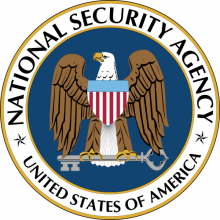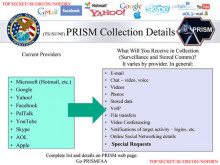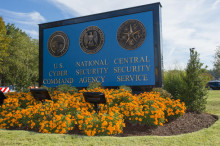Pakistan mulls cyber security bill to keep NSA at bay
Pakistan’s Upper House this week began debating a new bill seeking to establish a National Cyber Security Council, an agency the nation feels is needed in the wake of Edward Snowden's myriad revelations about NSA surveillance.
The Cyber Security Council Bill 2014 was presented by Senator Mushahid Hussain Sayed on Monday with the aim of creating a body to draft policy, guidelines and strategy on cyber security issues according to international best practices, in line with Pakistan Today.







































































